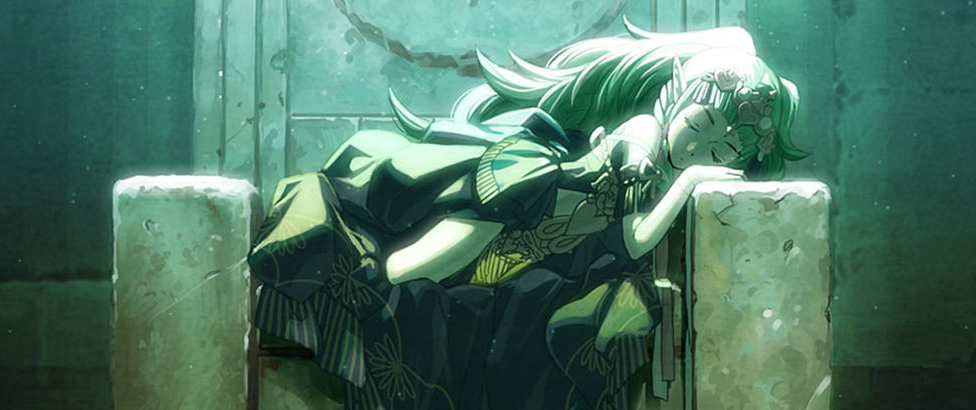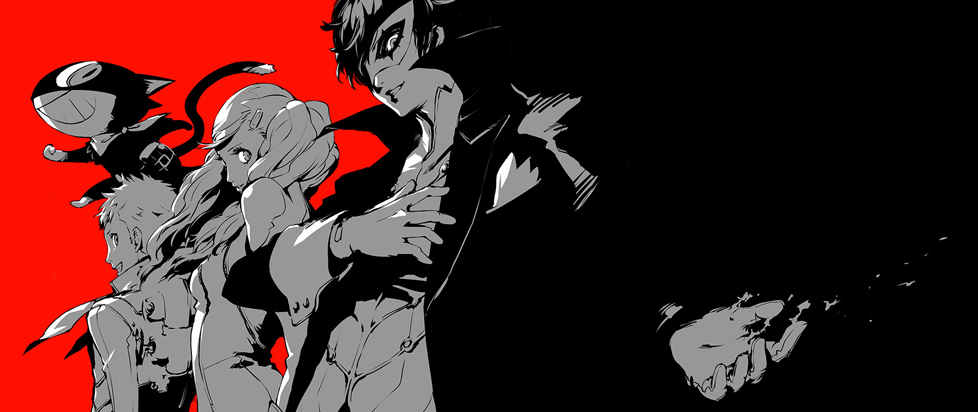
On Sincerity and Scheduling
There’s a reason playing with dolls is such a popular pastime for kids: It’s fun to feel like you have more control over your life than you do in real life. This is especially true for queer people, who often fall victim to the many forms of discrimination the world can dish out to queer folks just for the audacity of being queer. Video games can fill this need for control in a chaotic world that hates us, especially ones that have life simulation elements like Fire Emblem: Three Houses or the later Persona games. But there’s more to it than the illusion of control. It’s also about earnestness, an uncynical attitude towards life that generally tries to assume the best out of everyone and is about fostering real connections untainted by heteronormative gender roles. In other words, it’s a world that queer people desperately need to exist.
Three Houses and the Persona games operate on a calendar system, where you fall into a routine as you do certain activities on certain days. There’s a predictability to this system that’s almost calming as you carefully plan how you’re going to spend your dwindling hours. It presents you with an appealing fantasy: One where you’re in complete control of your time, and therefore, your destiny. Certainly there’s surprises to be found in the schedule, but for the most part, the games telegraph when the big events are happening, usually giving you a month in game time to prepare. Nothing’s too volatile, nothing’s too unexpected. It’s honestly soothing to have everything run like clockwork, even if you’re not doing everything perfectly. You’re in control. You have agency.
For queer people, agency is something that’s highly valued. So many of us are bound by society’s reductive viewpoints on us that being able to take control of our time, however imaginary it proves to be, is a fantasy worth indulging in. We can break the bounds that society built for us and just live our lives the way we choose to. That’s such a powerful experience that resonates into our real lives. We can absolutely reclaim our time, and these games show us what that’s like.
But the scheduling aspect of these games alone isn’t what truly sets us free. After all, we can plan out our everyday real lives while still living in the prison that heteronormativity built for us. The secret ingredient to these games are actually the characters’ sense of earnestness and sincerity. We live in such a jaded, cynical world that any hint of one where people respond to us with good intentions and vulnerability instantly attracts us to it. This brand of sincerity also happens to be the same kind that attracts us to anime, the main inspiration for Three Houses and the Persona games. The sheer amount of sincerity you can find in this type of media can be cloying for some, but when the real world punishes you for being your authentic self, this kind of earnestness is instantly appealing.
The main benefit to this brand of sincerity is that it allows us to forge connections to characters much easier, especially once they get comfortable enough to get vulnerable with you. Vulnerability is a seriously underrated quality in a person, one that men are made to think is bad or for the weak in the heteronormative world. The truth is that queer people have no choice but to be vulnerable if we want to live as our authentic selves – just selectively due to our need for survival. But game worlds where we can connect with characters who are genuine and vulnerable helps us cope with an uncaring world that values a cold façade. We need to be vulnerable, and feel other people’s vulnerability. Otherwise we’ll never get to the core of who we are. Interacting with characters who feel the same is just revolutionary.
We can’t control how the world treats us as queer people. We either must suppress who we really are or suffer the wrath of heteronormative forces that hate us. So a game that gives you a sense of agency in how your life takes shape is nothing short of amazing. Fire Emblem: Three Houses and the Persona games give us two very valuable fantasies: the ability to take control of our own lives, and the permission to be vulnerable with sincere peers. And let’s be crystal clear, Fire Emblem and Persona haven’t done queer people any overt favors, giving us blatant homophobia at their worst and empty queer baiting at best. But we’re still attracted to these games, for better or worse, and the sense of control and sincerity the games are built on is exactly why.





